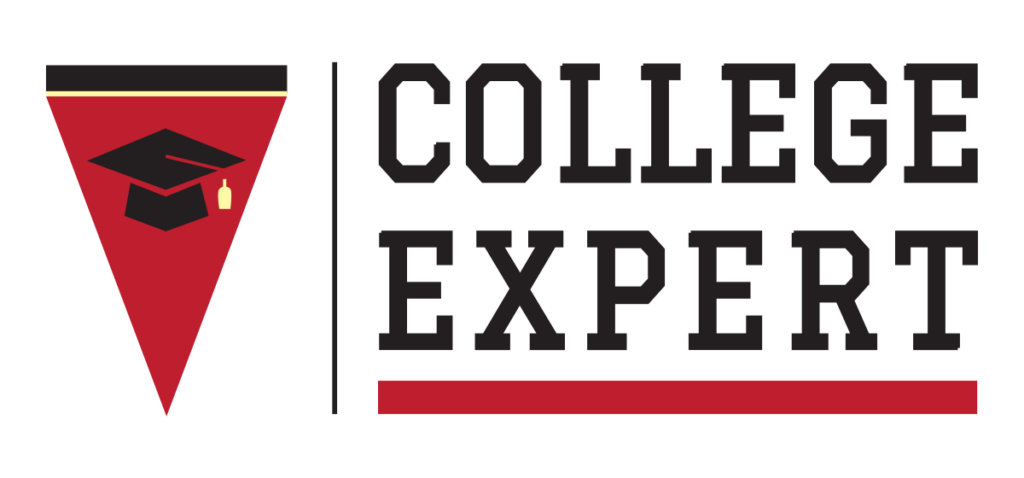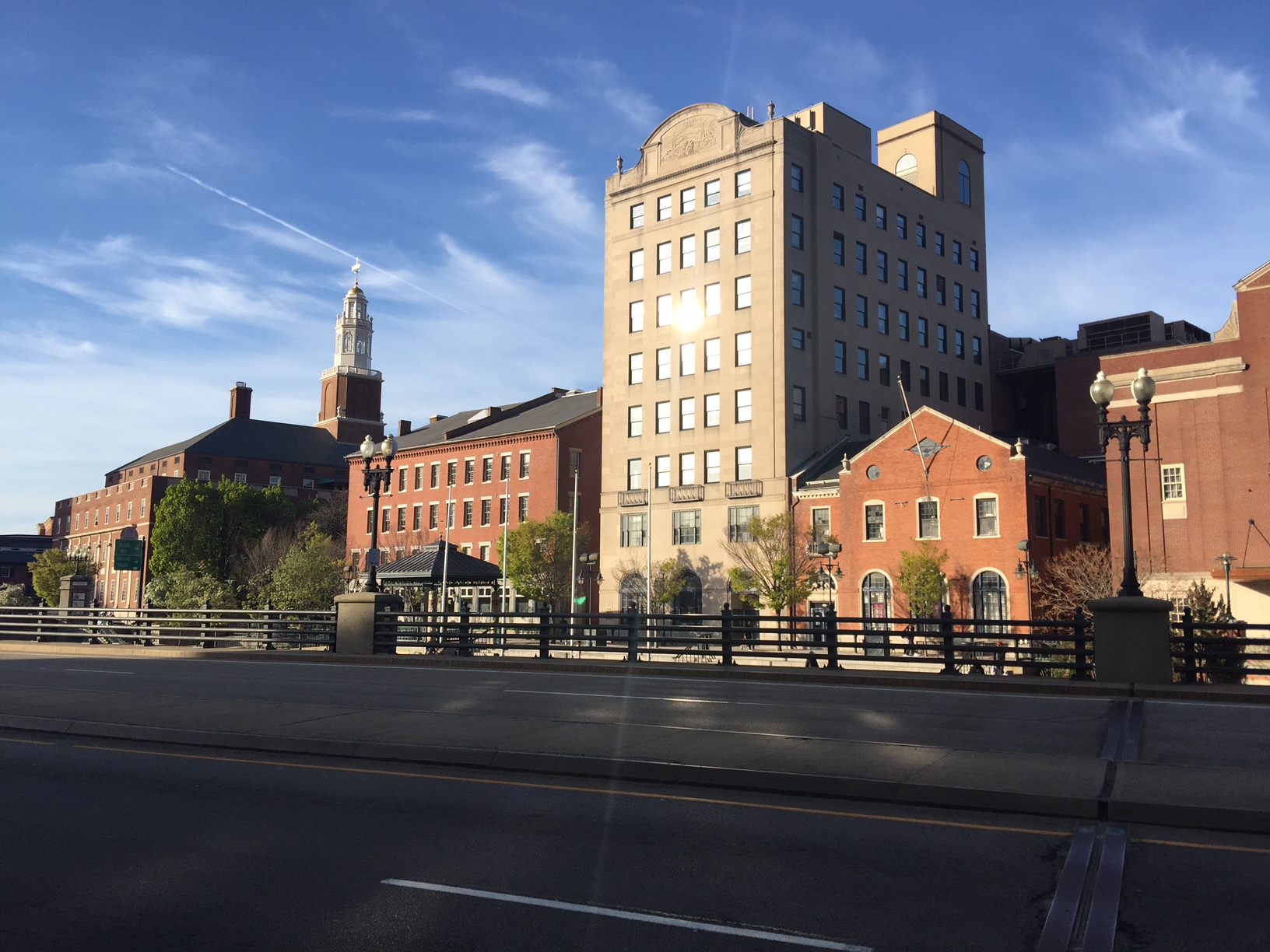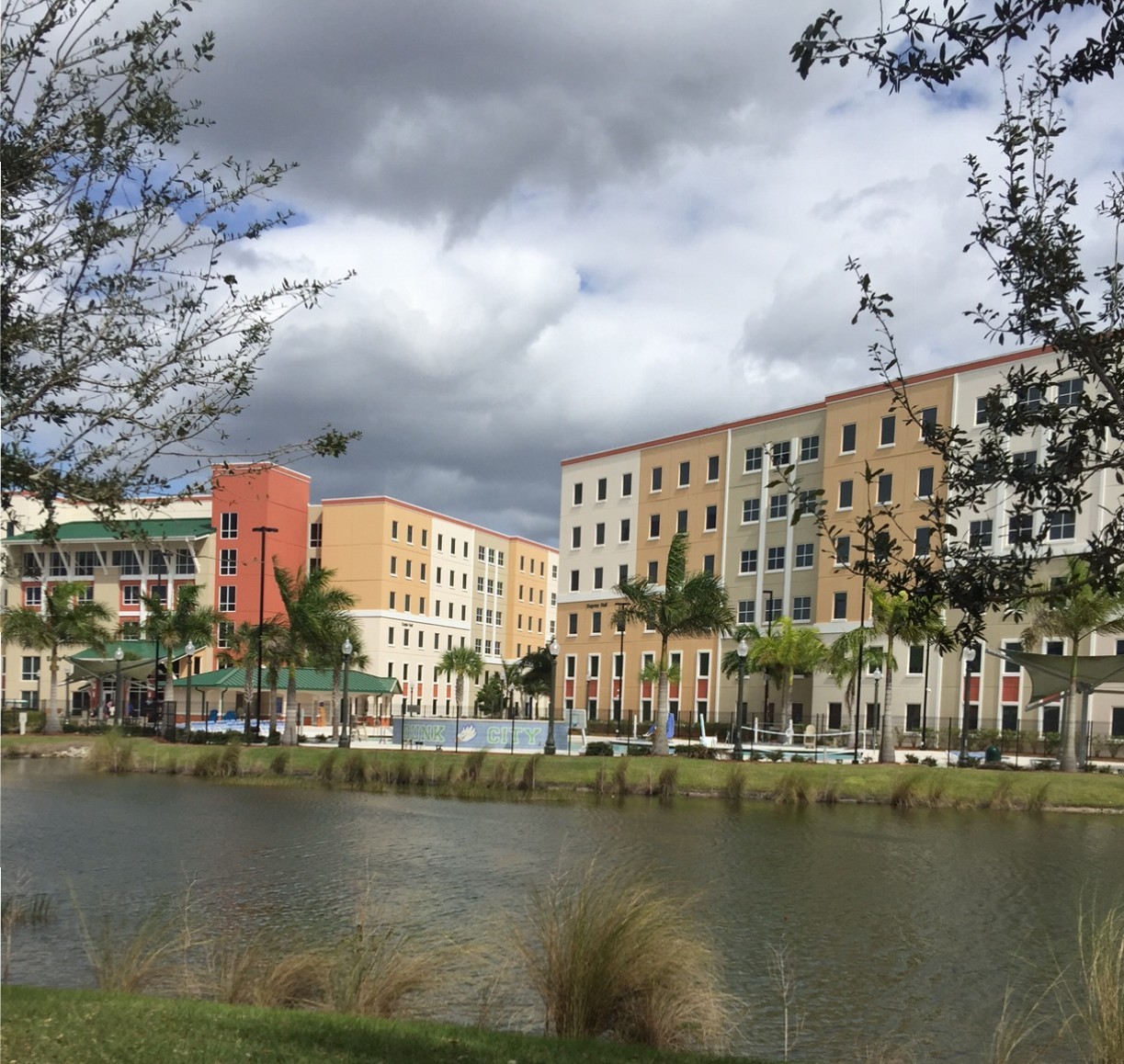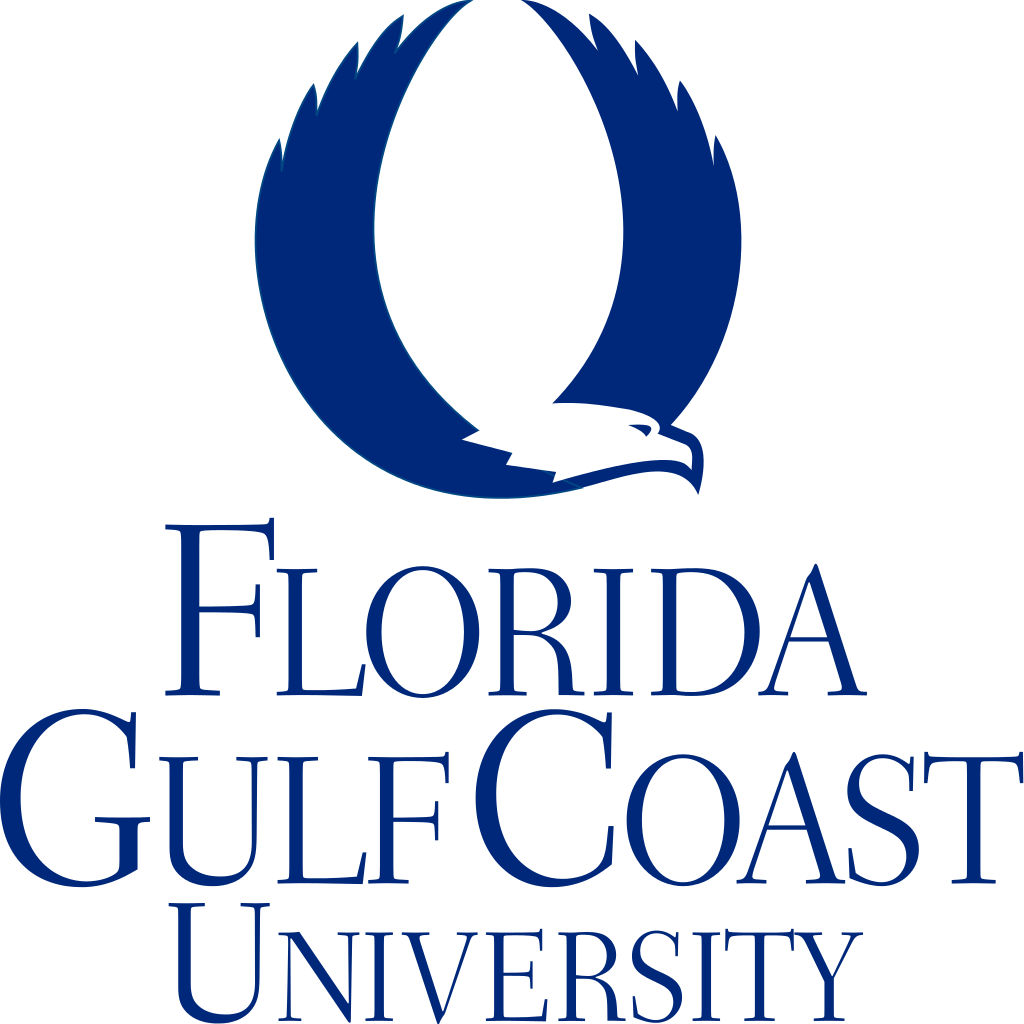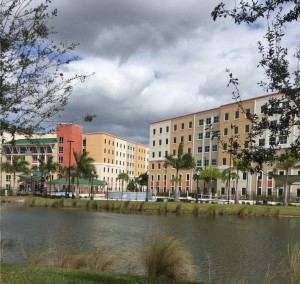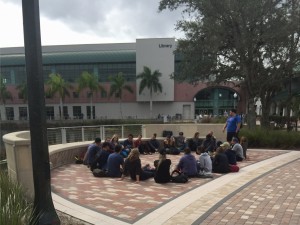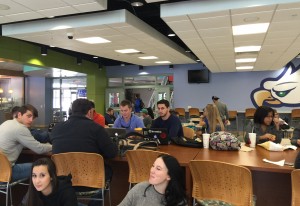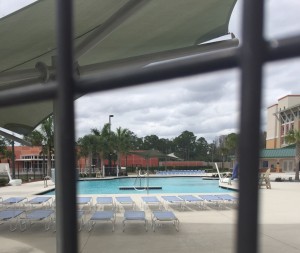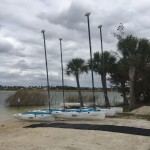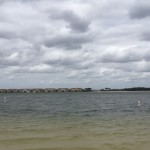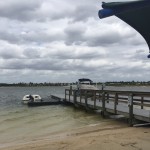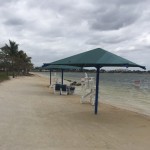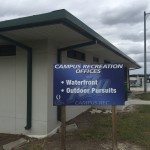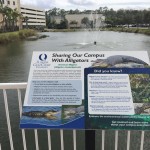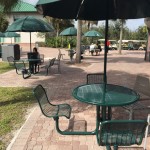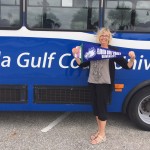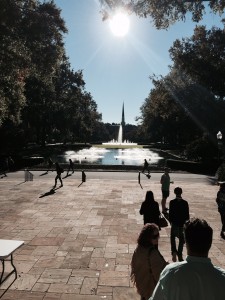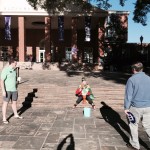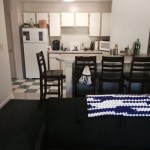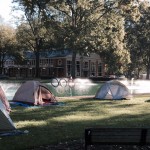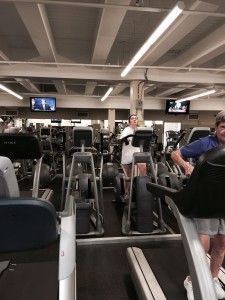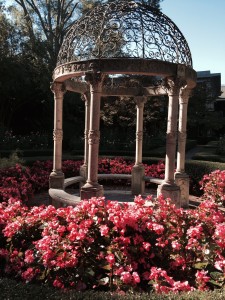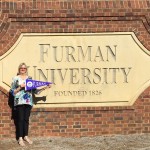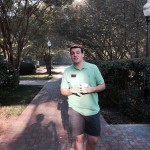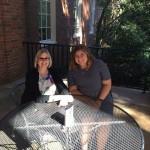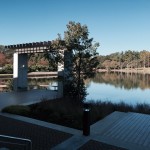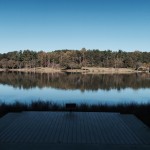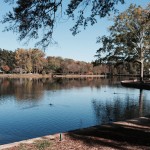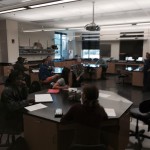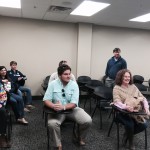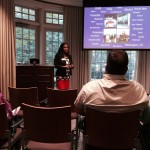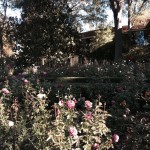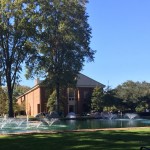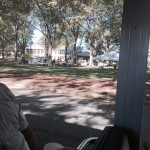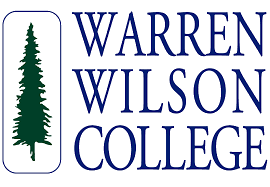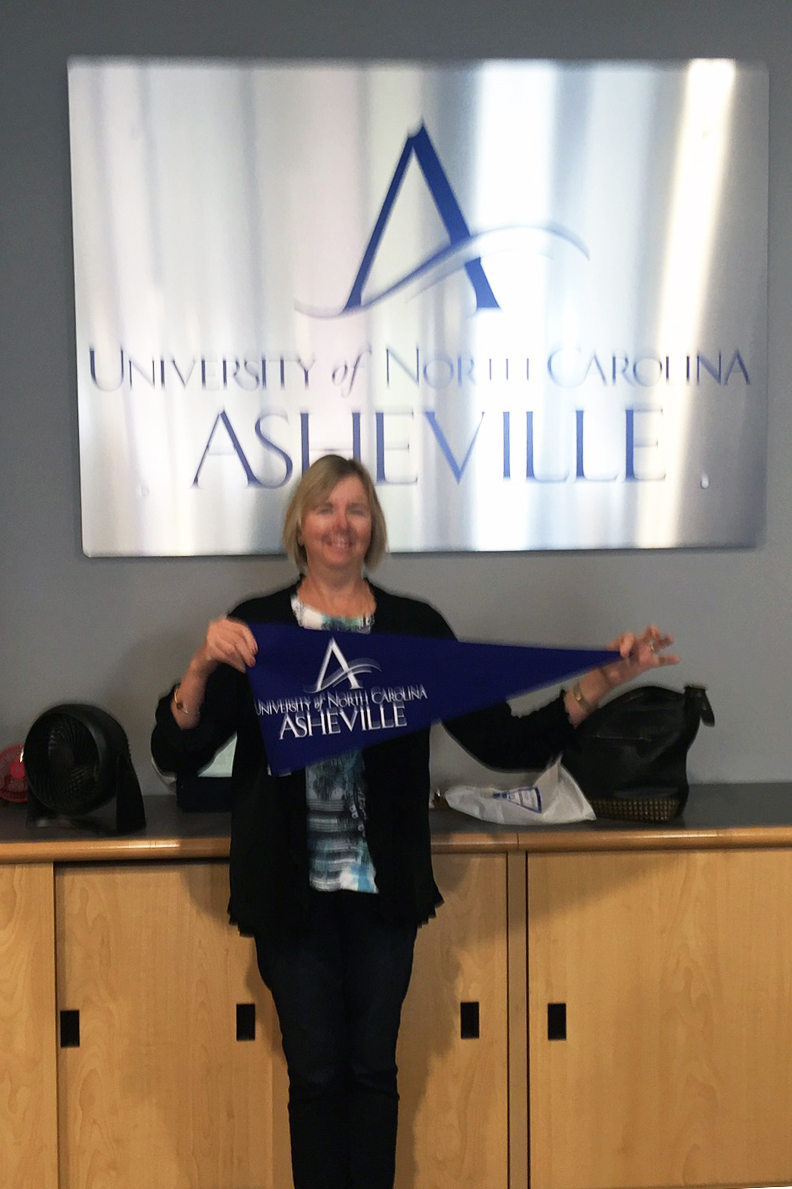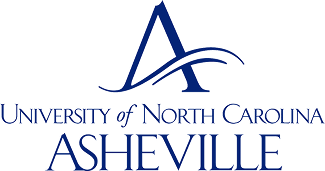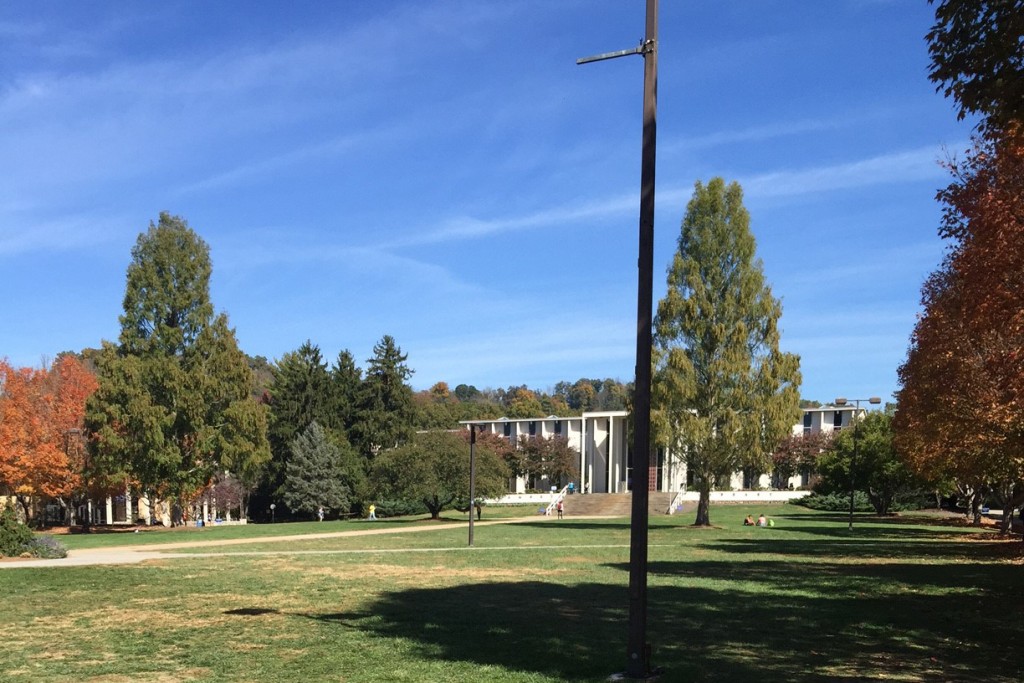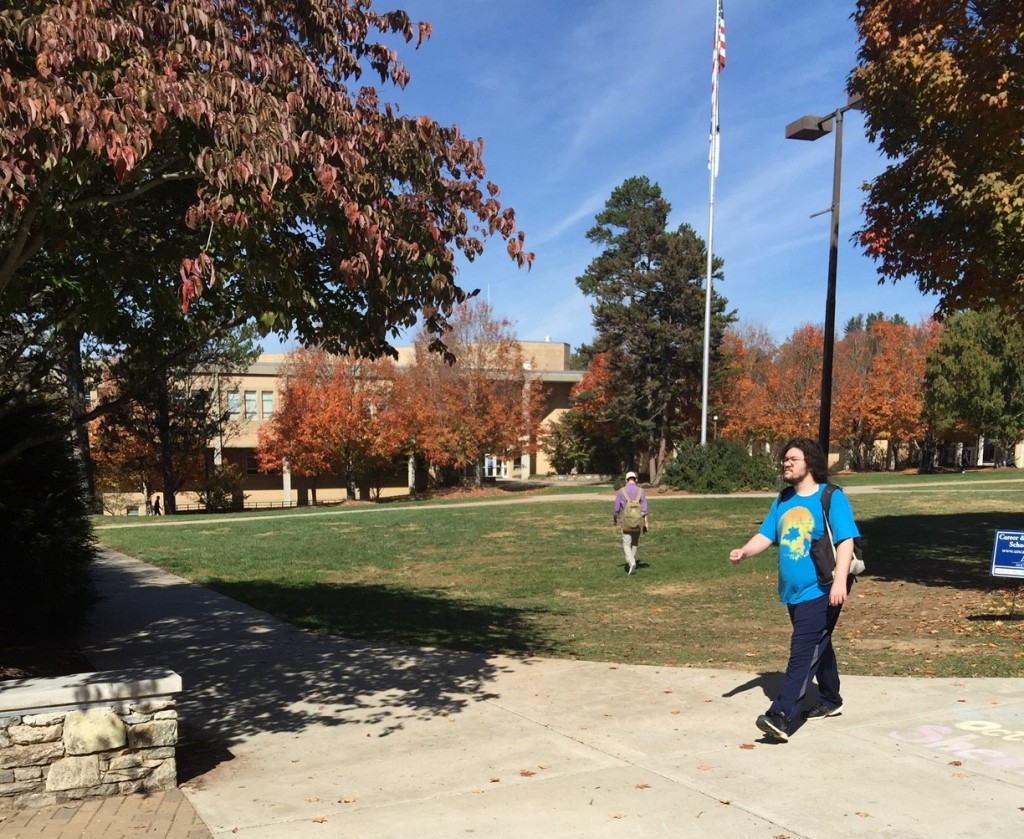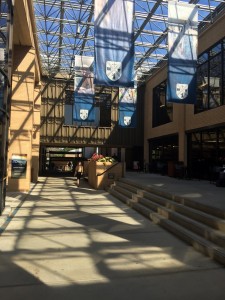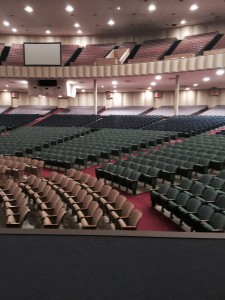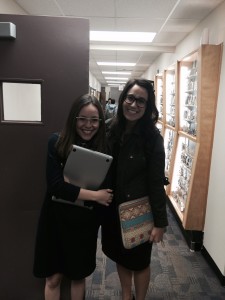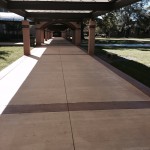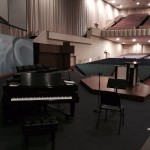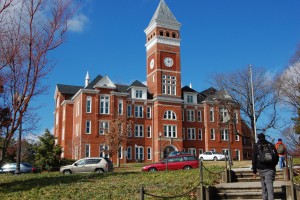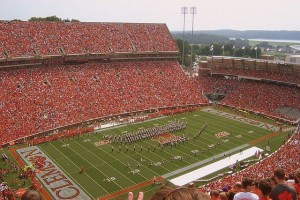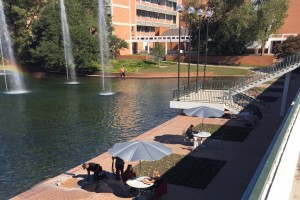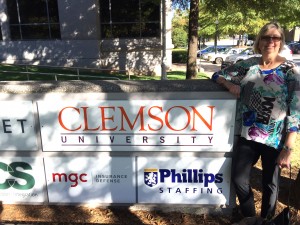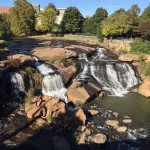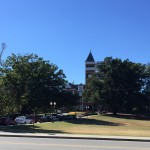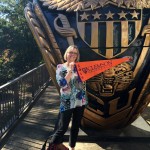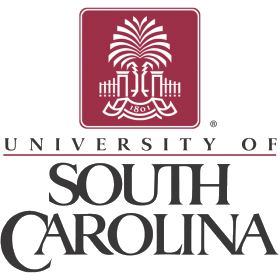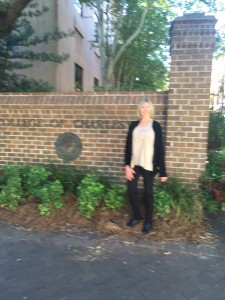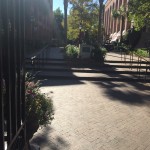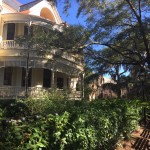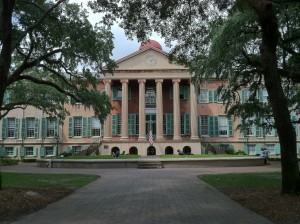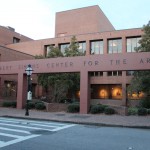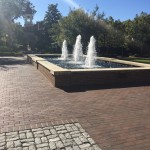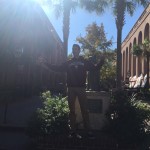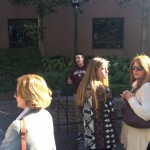By Sue Luse
About
RISD (“RIZ-dee”) is the nation’s best-known and most selective art and design school with approximately 2,300 students. The campus sits next to Brown University on College Hill in Providence. Many campus buildings date from the 1700s and are beautifully preserved. One of the most interesting facilities is the RISD Museum – home to over 91,000 amazing pieces, including ancient Greek sculptures and Picasso oil paintings and etchings.
Location
Providence is the capital of Rhode Island and the perfect college town located about 40 minutes from Boston. The streets of College Hill are lined with 18th- and 19th-century homes. Diverse and historic, bicycle-friendly, and easy to explore by foot, Providence is an active center of art, culture, education, and politics. Waterplace Park is the backdrop for the WaterFire art installation, which lights up the surrounding tidal basin most nights in the summer and for special events. The influence of the nearby Johnson and Wales College of Culinary Arts is evident, with Providence boasting numerous outstanding restaurants and the highest number of degreed chefs per capita than any other U.S. city. Providence is easy to navigate and full of friendly, helpful people.
Academics
RISD is an art school and offers a range of majors from furniture design to sculpture. Students don’t hit the books in a traditional college sense, but rather, they spend most of their academic hours in studios, working on significant art projects. Most classes have fewer than 20 students, and the art facilities are impressive. During the five-week winter session, students are encouraged to take one class outside of their majors. For those students with wanderlust, RISD has a campus in Rome to pursue independent study projects and immersion in Italian culture and art. RISD and Brown University offer a highly-selective, five-year dual degree program. http://risd.brown.edu/ Students may combine disciplines, such as philosophy with sculpture, or art and design with math or anthropology, to obtain a Bachelor of Arts (A.B.) degree from Brown and a Bachelor of Fine Arts (B.F.A.) degree from RISD.
Student Life
RISD students are artists who exude a Greenwich Village vibe: urban, funky, and alternative. Ninety-six percent come from out of state, and there is a large international presence. The students are eclectic, talented, tolerant of all lifestyles, and passionate about their art. The typical student is more interested in attending concerts and cultural events than sporting events. The dorms are comfortable, with much better than average amenities, and feature common studio areas. The majority of students move off campus after sophomore year to nearby apartments in restored colonial and Victorian homes. The meal plan is popular, but students also actively seek excellent off-campus food options.
Admission
RISD’s selective admittance rate is around 35 percent. RISD occasionally will accept students with lower GPAs who have exceptional artistic talent and potential. In addition to an application, test scores, transcripts, a writing sample, and two drawings, RISD requires an art portfolio. Here are the portfolio requirements:
“Your portfolio should show a selection of 12–20 examples of your best recent artwork. We suggest that the work reflect the full range of your ideas, interests, experience and abilities in the arts to date. Work presented can be in any medium (including film or video), in finished or sketch form, and the result of an assigned project or a self-directed exploration. We strongly recommend that you include a few pages from your journal or sketchbook to indicate your process of research, thinking and investigation.”
Who Would Be Happy Here?
Students who are passionate about pursuing art 24/7 and who are looking for an outstanding education in an urban setting are the ideal RISD candidates.
